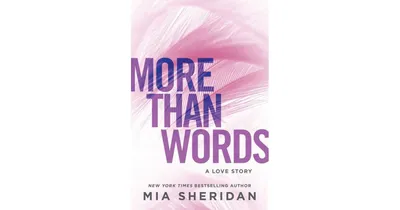Home
Learning to Be Literate: More Than a Single Story
Loading Inventory...
Barnes and Noble
Learning to Be Literate: More Than a Single Story
Current price: $15.99


Barnes and Noble
Learning to Be Literate: More Than a Single Story
Current price: $15.99
Loading Inventory...
Size: Audiobook
*Product Information may vary - to confirm product availability, pricing, and additional information please contact Barnes and Noble
There is not one right way to teach a child to read.
Recent media stories about education have featured the “Science of Reading,” whose proponents typically present the systematic teaching of phonics as a one-size-fits-all method that guarantees reading success for all students. But as literacy scholars Patricia Paugh and Deborah MacPhee demonstrate, the decoding of words is only one of many skills that are central to an effective early literacy education.
In
Learning to Be Literate
, they present a four-part framework for active literacy learning that eschews oppositional arguments about different approaches, and instead situates children as meaning makers: the whole point of being literate. There is no single or simple solution that will fit every child. But by using the ALL framework to inform instruction, educators can help young learners think deeply about ideas and language at the same time as they learn to work out the sounds and symbol systems of language.
Recent media stories about education have featured the “Science of Reading,” whose proponents typically present the systematic teaching of phonics as a one-size-fits-all method that guarantees reading success for all students. But as literacy scholars Patricia Paugh and Deborah MacPhee demonstrate, the decoding of words is only one of many skills that are central to an effective early literacy education.
In
Learning to Be Literate
, they present a four-part framework for active literacy learning that eschews oppositional arguments about different approaches, and instead situates children as meaning makers: the whole point of being literate. There is no single or simple solution that will fit every child. But by using the ALL framework to inform instruction, educators can help young learners think deeply about ideas and language at the same time as they learn to work out the sounds and symbol systems of language.

















